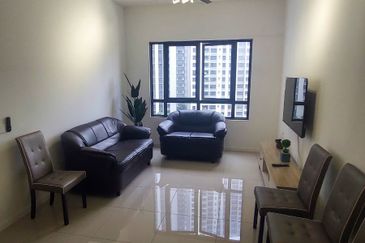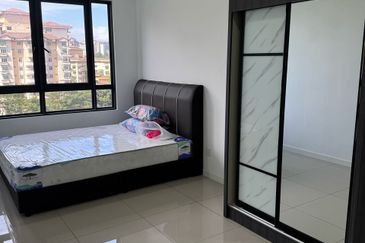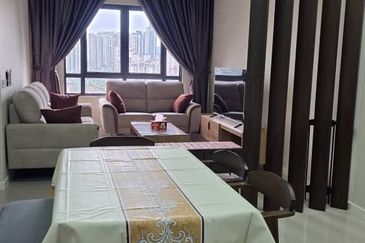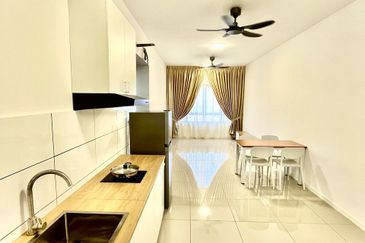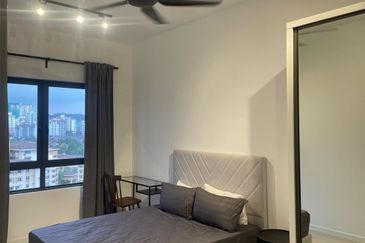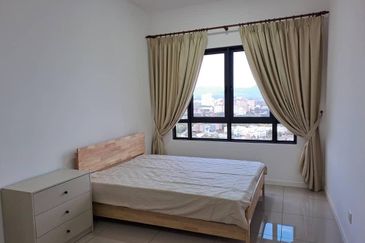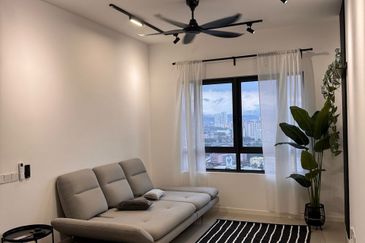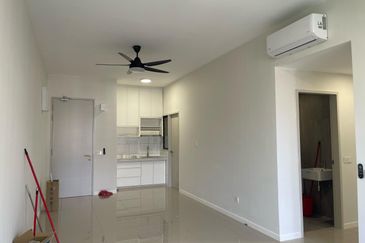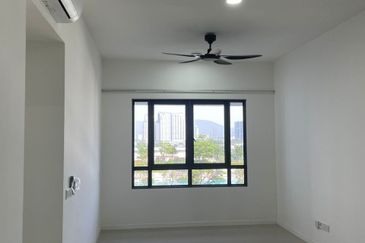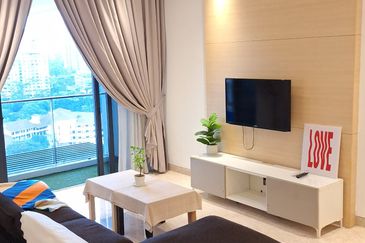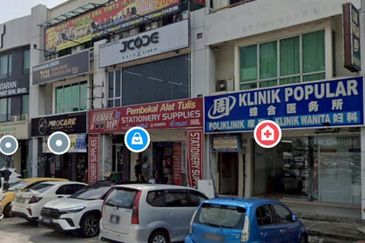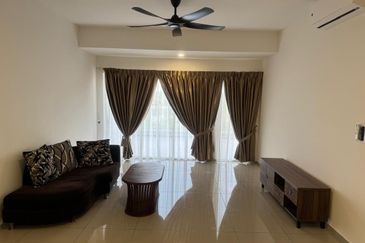
PETALING JAYA: For the longest time, the Orang Asli communities have been battling a myriad of issues stemming from rapid urbanisation. As forests shrink, their access to natural resources, which many still depend on to make a livelihood, diminishes.
Consequently, the mostly nomadic communities are now increasingly becoming permanent settlers as many begin seeking regular jobs.
At the Kuala Lumpur Architecture Festival (KLAF) 2019 held from June 21 to July 7, its organiser, Pertubuhan Akitek Malaysia (PAM), sought to address the challenges faced by the Orang Asli community today and in the foreseeable future.
One highlight was the Tropical Houses for Orang Asli design competition conducted by Epic Homes as part of the KLAF. A key focus here was to prepare homes that were both practical and durable against the perils of the weather.
“Our role actually dated back to 2014 when Malaysia was suffering from one of the worst flooding in decades. We were involved in the recovery phase where we noticed that the community needed to be more prepared [for natural disasters],” Epic Homes founder and CEO Oei John-Son tells EdgeProp.my.
“A more robust way of designing is needed so structures will not be affected as much,” says Oei.
Epic Homes is a non-governmental organisation that aims to build relationships between the urban and rural divide through the act of building homes for underprivileged communities, with a current focus on the Orang Asli.
The winning designs
Oei, who was a member of the jury of the Tropical Houses design competition, stresses that the housing design must be durable, portable and modular. “We (the panel of jury) looked at the ease of construction, the speed it takes and flexibility. The house has to adapt to the various terrains,” he explains.
The first prize winner of the rural category by architects Lee Jin Chen and Soo Joe Wey portrayed the essence of Epic Homes’ housing catalogue – a basic shelter that facilitated and fostered the community spirit. The design was displayed during KLAF2019.
It had a simple pitched roof which provided generous shading and an overhang for the bedrooms on the upper floor. The long eaves of the roof also allowed lower walls to be built upstairs, thus saving costs.

The ground floor spaces could be fully opened to encourage interaction with neighbours. The house was also wrapped in mosquito netting and cost about RM29,200 to construct.
The first prize winner of the semi-urban category by architect Tan Kwon Chong was a design which provided ample room for customisation by its inhabitants. The Lanai is inspired by the Malay word serambi, with its overall concept design based on an open patio to create a communal space.
The patio accommodated the living and reading/playing spaces as well as a small kitchen.
With a stilt foundation to suit the various terrain conditions, especially on unstable and sloped terrains, the Lanai could also cater for future expansions with its high volume layout. Large openings provided ample daylight and cross ventilation. The house also featured a detached washroom for better hygiene. The estimated cost of constructing the Lanai is about RM28,950.
“There are options for the community (or homeowner) based on their needs. We provide this form of empowerment to the community. When it comes to marginalised communities, they are used to not having a choice. We provide them a choice [in terms of personalising their homes],” offers Oei.
As for the costs, based on the design briefs, material costs were to be kept below RM30,000 excluding logistics and operational costs.
“We are looking at reducing costs still. What we have in plan for the next six months is to identify the top 10 designs considered suitable. The designs picked by architects and what the [Orang Asli] want may differ. Subsequently, we can run through the value and costing,” says Oei.
Feedback from the community
The competition was conceived via feedback from the Orang Asli community.
“Feedback that we constantly get from the community is that the typical 600-sq ft brick house feels like a cave. There is poor insulation and ventilation, so it gets really hot during the day. They want a house with more ventilation, something more organic as well but does not break down easily.
“Usually the brick and mortar are not done properly, and we see cracks and defects appear. Hence we are redefining what a suitable design is for this tropical climate.

“Those 10 designs would be a start. We try to consolidate our efforts and suppliers to achieve economy of scale,” notes Oei, adding that Epic Homes plans to seek the Cabinet’s approval on the designs, to make them more accessible to other organisations as well.
In terms of ease of construction, Oei says the current Orang Asli houses built by Epic Homes can be completed in three days with about five skilled workers while it takes 25 unskilled volunteers to do the same. The typical 100-sq ft double-storey Orang Asli home can be completed in four days.
“The building instructions are akin to that of a DIY furniture assembly instruction booklet. It is easy to follow and should anything happen, it is also easy to rebuild. The 10 designs that we are working on with PAM as well will help push the boundaries of good design,” adds Oei.
Oei says Epic Homes is currently setting up a community development fund to encourage social innovation and entrepreneurship. He gives an example of a success story in the form of The Asli Co. – a business selling homemade handicrafts by stay-home Orang Asli mothers. And these mothers can train other single or stay-home mothers. This, according to Oei, has managed to increase their income by 200% to 300%, where 30% of the profit goes back to the community fund.
Ultimately, it is not just about building a home, but building trust and relationships with the community, stresses Oei.
This story first appeared in the EdgeProp.my pullout on Oct 25, 2019. You can access back issues here.
TOP PICKS BY EDGEPROP
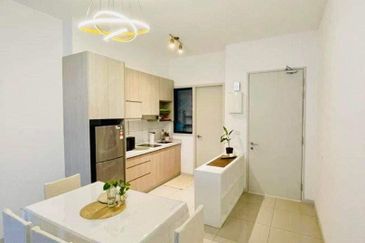
Savio Residensi @ Riana Dutamas
Segambut, Kuala Lumpur
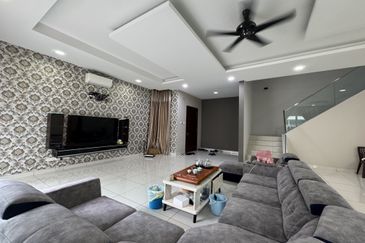
Ambang Botanic
Bandar Botanic/Bandar Bukit Tinggi, Selangor
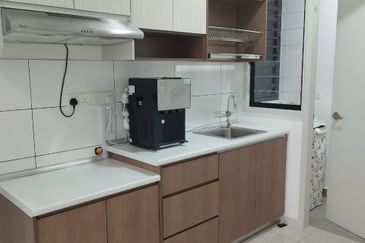
Savio Residensi @ Riana Dutamas
Segambut, Kuala Lumpur
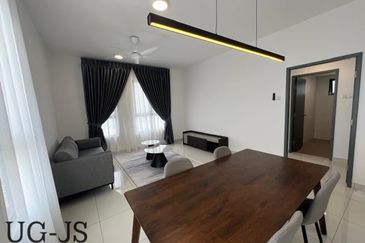
Trio by Setia
Bandar Botanic/Bandar Bukit Tinggi, Selangor
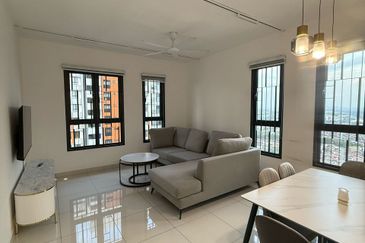
Trio by Setia
Bandar Botanic/Bandar Bukit Tinggi, Selangor
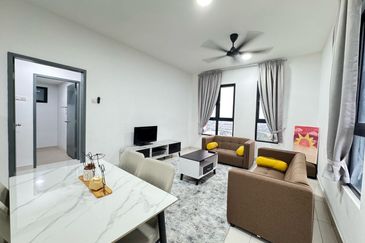
Trio by Setia
Bandar Botanic/Bandar Bukit Tinggi, Selangor
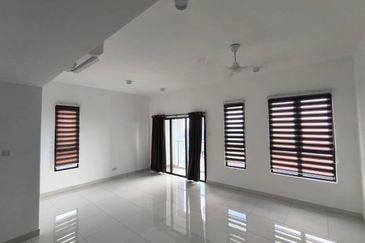
Trio by Setia
Bandar Botanic/Bandar Bukit Tinggi, Selangor


